UUK have published International Research Collaboration After the UK Leaves the European Union. The information below summarises the main thrust of the document.
Benefits of Research Collaboration
International collaboration is vital as it enables individual academics to increase their impact through pooling expertise and resources with other nations to tackle global challenges that no one country can tackle alone. Cross-nation collaboration increases citations and combined talents produce more innovative and useful outcomes.
The paper emphasises that the researchers themselves need to drive the collaboration and have choice. Selecting ‘Britain’s best new research partners’ is infeasible as sectors have different needs and Britain needs to collaborate with the countries with the richest talent and expertise. Funding needs to be well-structured and flexible to allow this.
The foreword on page 2 states “We should look to developing new networks and funding arrangements that support collaboration with major research powers” both within Europe and internationally. “The primary focus should be on delivering excellent research”, the government should seek to access and influence the 9th Framework Programme (Horizon successor), alongside new funding sources to incentivise collaborations with high-quality research partners beyond the EU. UUK call for a cross-government approach to supporting international research and the drawing together of the current disparate funding mechanisms, including “promoting research collaboration opportunities as a central pillar of the UK’s offer to overseas governments and businesses.”
Collaborative Partners
While its important to work with both EU and non-EU partners the report notes that research with other EU member states collectively makes up the largest pool of collaborators. “Research undertaken with EU partners like Germany and France is growing faster than with other countries – hence while it is vital that the UK takes every opportunity to be truly global in their outlook, the importance of collaboration with EU partners should not be underestimated.”
Almost all the growth in research output in the last 30 years has been brought about by international partnership. In 1981 less than 5% of UK research publications had an overseas co-author. Whereas Figure 1 below demonstrates how collaboration has changed, illustrating how domestic output has plateaued and non-UK collaborations accounts for recent growth.
Figure 1: The trajectory of international co-authorship on research publications from Imperial, UCL, Cambridge and Oxford. (Data: source, Web of Science; analysis, King’s College Policy Institute).
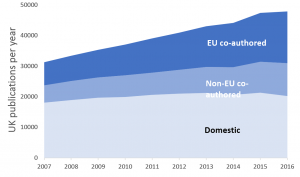
Table 1 below highlights the UK’s major collaborative partners demonstrating a mix of EU and non-EU partners (non-EU partner in bold).
Table 1: Countries co-authoring UK output (2007-2016).
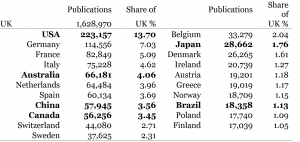
The UUK report reminds that research is a form of diplomacy leading to alliances and memoranda between national academies. The international links create esteem and demonstrate the wider engagement and status of an institution which is attractive to international students and staff.
Addressing Collaborative Barriers
Addressing the barriers to research collaboration is more than just funding, the report calls for:
- Better information on capabilities and strength of UK researchers
The report states there needs to be better understanding and matching of research and innovation strengths between partners and potential collaborators, with clearer articulation of these and provision of contact points at the research organisation, funding agency and sector levels.
The circulation of people and ideas is fundamental to international research collaborations: National policy frameworks of all partners must be flexible enough to support international exchange, enabling critical human resources – including technical expertise – to flow between systems.
- Cultural barriers need better understanding
The report highlights South Korea and Taiwan as attractive collaborators because of their research-intensive economies, strong technology investment, excellent university system, and high-English speaking rate. However collaboration is challenged by geography, proximity and cultural differences. UUK report that communication problems are a key barrier alongside the uncertainty about research profiles of UK universities and significant differences in research governance.
Researchers working within different national contexts will have experience of different research cultures. These can be a source of strength and innovation, but also create challenges that must be understood, acknowledged and addressed. This requires time, but can be mitigated by the development of shared understandings, priorities and policy frameworks.
- Policy and funding stability is essential
Stability, certainty and trust are required if successful international research collaborations are to be fostered. Partners need to have confidence that the policy and funding environment will not be subject to unexpected or dramatic change after they have invested the time and resources necessary to develop productive and beneficial partnerships. Stability and certainty in both policy and funding environment is a key facilitator.
- Bilateral agreements with defined funding facilitated by a coordinated application process
The report effectively highlights the difficulties of ‘double jeopardy’ (Roberts, 2006) whereby all partners need to individually secure funding across a sustaining period to both commence and fully complete. Furthermore while countries commission and pay for the research it depends on individual motivation for success. Individuals make research choices that further their career and are fundable. EU links exist because researchers at well-funded institutions saw mutual net benefits, however EU collaboration proliferated because mutually assured Framework Programme funding supported it.
The report suggests a mechanism for effective research collaboration is to create more flexible agency-level bilateral agreements with associated secure funding. A Memorandum of Understanding should identify common priorities and mutual research standards yet this should be backed up by a research fund. Page 6 describes collaboration with Brazil as an example of this.
Furthermore, UK research funding beyond the EU is highly dependent on the ODA budget which limits research themes and fundable countries. Post Brexit the UK needs new money without ODA type restrictions to support collaborations with partners not eligible for EU funds.
Note: UUK have also released a second report on whether free trade agreements can enhance opportunities for UK higher education post Brexit.
References
Roberts, Sir Gareth. (2006). International partnerships of research excellence.


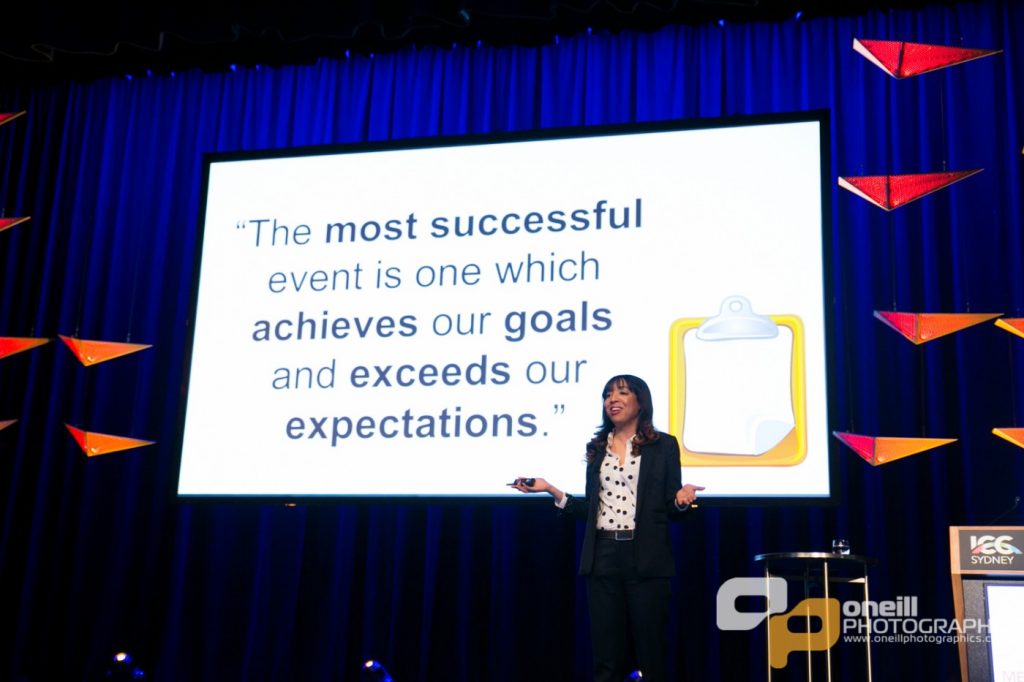
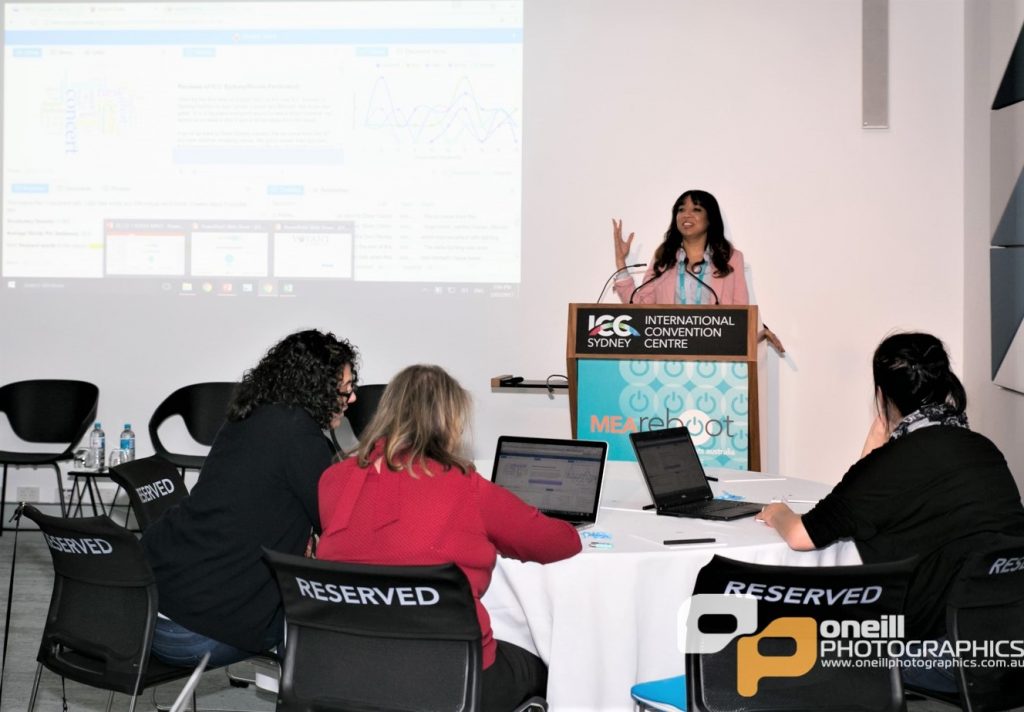

 BRIAN is being upgraded and will be unavailable for use on Tuesday 2nd and Wednesday 3rd May.
BRIAN is being upgraded and will be unavailable for use on Tuesday 2nd and Wednesday 3rd May. We’re waiting for your applications for ESRC Festival of Social Science until 5 pm on Friday 5th May.
We’re waiting for your applications for ESRC Festival of Social Science until 5 pm on Friday 5th May.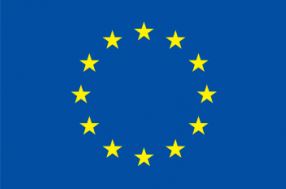

















 We can help promote your public engagement event or activity
We can help promote your public engagement event or activity Funded Public Engagement Opportunity – ESRC Festival of Social Science 2024 -Deadline for Applications Thursday 16 May
Funded Public Engagement Opportunity – ESRC Festival of Social Science 2024 -Deadline for Applications Thursday 16 May 1 WEEK REMAINING- Postgraduate Research Experience Survey (PRES) 2024
1 WEEK REMAINING- Postgraduate Research Experience Survey (PRES) 2024 Conversation article: How 2-Tone brought new ideas about race and culture to young people beyond the inner cities
Conversation article: How 2-Tone brought new ideas about race and culture to young people beyond the inner cities MSCA Postdoctoral Fellowships 2024
MSCA Postdoctoral Fellowships 2024 Horizon Europe News – December 2023
Horizon Europe News – December 2023